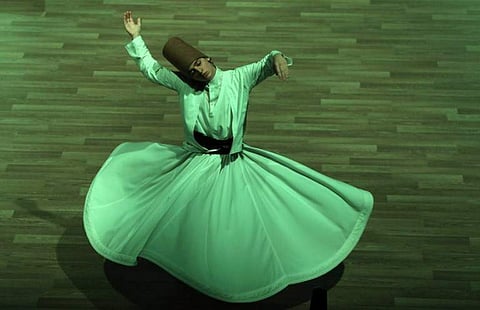

HYDERABAD: Indian-British author Farrukh Dhondy was in conversation with author-translator Mohini Gupta on Sunday evening in the concluding session of the 11th edition of Hyderabad Literary Festival held online. He talked about the great mystic bard Rumi of the 13th century as he has translated the poet’s works into English in an anthology titled ‘Rumi - A New Collection’ published by HarperCollins.
He started the discussion saying that he didn’t like the fact that the works of the Sufi poet, who wrote in Persian weren’t being translated accurately not just in terms of the lyrical structure but epistemologically as well. “The translation work done by many scholars in the West is prosaic that to those, who are new to Rumi, may read quite substandard. Way back in the 13th century he was using iambic pentameter while Shakespeare popularised it much later. Rumi can take a metaphor and weave a parable out of it. That’s where lies his genius,” he added.
Several translators like William Jones, Coleman Barks among others have translated Rumi before. But what was it which made him translate the bard again? “The approach of scholars, even from Cambridge, is Victorian or Georgian. They need to understand that it’s not the work of TS Eliot or Ezra Pound they have been dealing with; Rumi’s work is delicate, deeply mystical and requires to be seen from the lens that contains both meaning and music. One can’t dissect music and forcefully try to take out the meaning. Both need to go hand in hand. Music imparts the philosophy,” he responded to Mohini.
He added saying that the Quranic morality comes through his writings. “Now, when we talk about America, the present generation has developed a distaste for materialism. That’s why they look towards The East and the Eastern philosophy. And that’s how to get a taste of spirituality people turn to the translations of Rumi. When the bard talks about love, he talks about God, The Beloved which is the tradition followed by Sufis. For many, unfortunately, this love in translation means ‘the love next-door’. They don’t understand that it’s the Divine Love. What’s being done and translated in this regard pertains to pop spirituality. .” Talking about the challenges in translation he said, “You don’t translate just from into one language to another. You translate from one culture to another.”